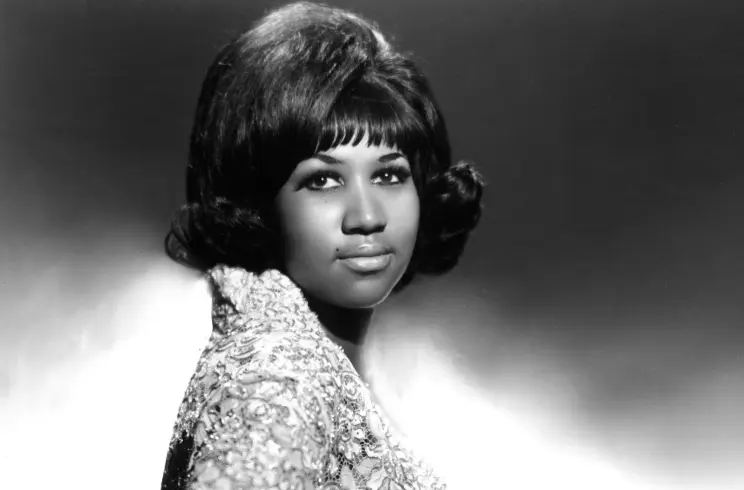rashemamelson.org – The 1960s was a pivotal decade in the history of music, marked by the rise of rock and roll, the British Invasion, and the birth of Motown. Amidst this vibrant musical landscape, one voice stood out with unparalleled power, passion, and soul: Aretha Franklin. Known as the “Queen of Soul,” Franklin’s music not only defined the genre but also became a soundtrack for the civil rights movement and a voice for women’s empowerment.
The Early Years
Aretha Franklin was born on March 25, 1942, in Memphis, Tennessee, but she was raised in Detroit, Michigan. Her father, C.L. Franklin, was a prominent Baptist minister and a recording star in his own right, known for his powerful sermons. Aretha’s mother, Barbara Siggers Franklin, was a gospel singer. Music was an integral part of Franklin’s upbringing, and she began singing in her father’s church at a young age.
Breakthrough in the Music Industry
Franklin’s career began in earnest when she signed with Columbia Records in 1960. Initially, she recorded a mix of jazz, gospel, and pop music, but it wasn’t until she moved to Atlantic Records in 1967 that she found her true voice. Producer Jerry Wexler, who worked with Franklin at Atlantic, recognized her potential and wanted to capture her raw, emotional power in the studio.
The Queen of Soul Emerges
The 1960s were a transformative period for Franklin, both personally and professionally. Her move to Atlantic Records marked a significant turning point in her career. The label’s focus on soul and R&B allowed Franklin to explore her roots in gospel music while embracing the secular sounds of the era.
In 1967, Franklin released her first album with Atlantic, “I Never Loved a Man the Way I Love You.” The album was a critical and commercial success, featuring hits like “Respect,” which became an anthem for the civil rights movement and feminism. Franklin’s version of “Respect” was a bold declaration of self-worth and independence, turning the song into a cultural touchstone.
A Voice for the Movement
Aretha Franklin’s music resonated deeply with the social and political upheavals of the 1960s. Her songs spoke to the struggles and aspirations of African Americans and women, making her an unofficial soundtrack for the civil rights movement. Franklin’s powerful renditions of songs like “Think” and “(You Make Me Feel Like) A Natural Woman” conveyed messages of empowerment and self-respect.
Legacy and Influence
Throughout the 1960s, Aretha Franklin’s music transcended genres, influencing not just soul and R&B but also rock, pop, and gospel. Her ability to convey deep emotion and raw power in her voice set a standard for vocalists that has yet to be surpassed. Franklin’s legacy as the “Queen of Soul” is a testament to her impact on music and culture.
Conclusion
Aretha Franklin’s reign as the Queen of Soul in the 1960s was more than just a musical phenomenon; it was a cultural revolution. Her voice became a symbol of strength, resilience, and empowerment for millions around the world. As we look back on her remarkable journey, it’s clear that Franklin’s legacy is not just in the music she left behind, but in the lives she touched and the barriers she broke. Her influence continues to resonate, reminding us of the power of music to inspire change and uplift the human spirit.
